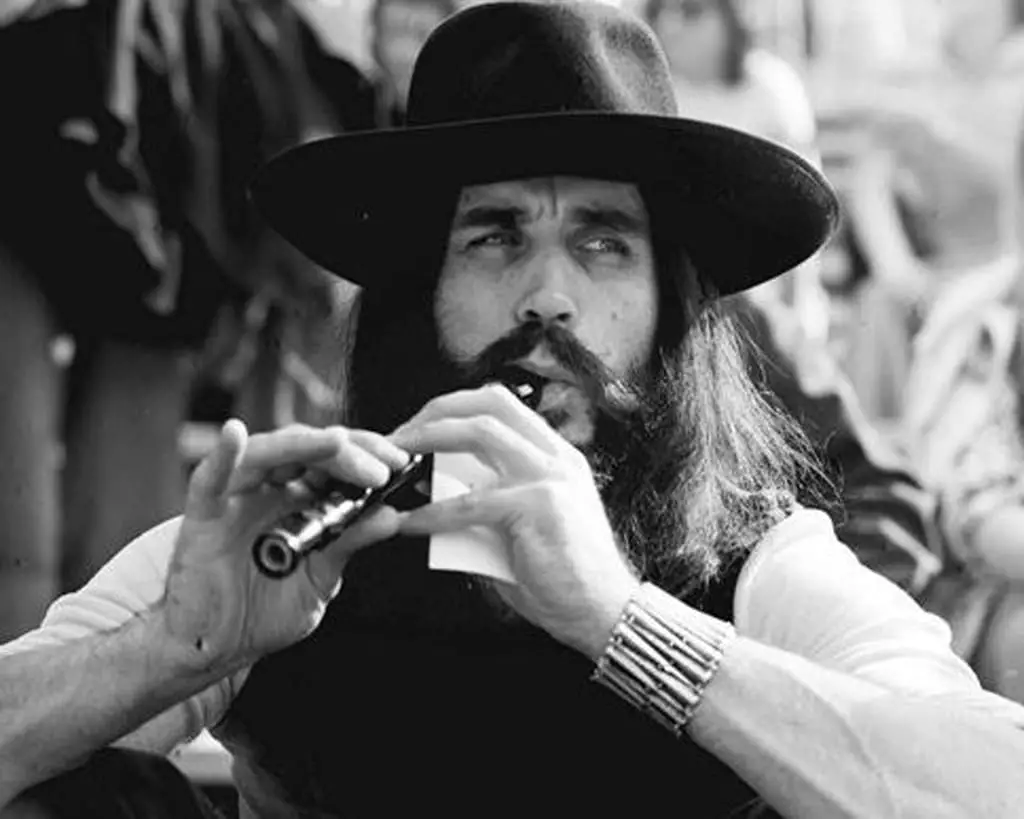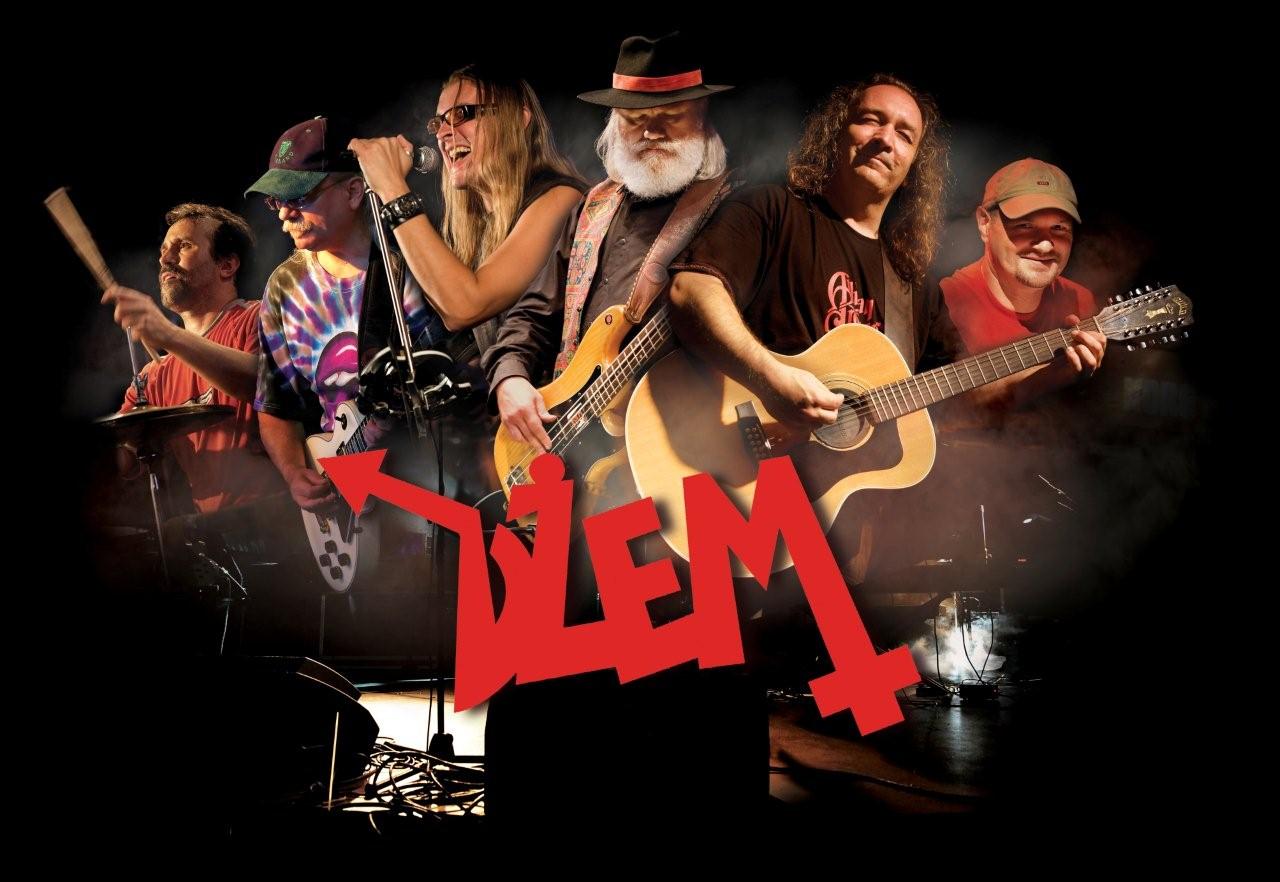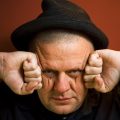Czesław Niemen was a distinguished Polish singer-songwriter and rock/folk/jazz/electronica musician who made a name for himself in a variety of genres, instruments, and roles.
Niemen was born in a Polish village in what is now Belarus. He studied at a music school in Grodno for a year to study the Russian accordion (баян) when he was young, but he was thrown out for not attending classes. His musical activities didn’t start again until he was in his 20s, after he lived through World War II and his repatriation into Poland after his hometown became part of Belarus. He began playing the guitar, teaching at a music school, and performing at clubs. He did well at some competitions for amateur musicians and joined the band Blue-Black (Niebiesko-Czarni), with whom he started writing songs and recorded his first EP. Around this time he adopted Niemen as his stage name, taking it from the name of the Belarusian river. He performed occasionally as a soloist, in a Western rock style, achieving a hit with his song “Did You Know?” (“Czy wiesz?”).
Niemen started his next band, Watercolors (Akwarele), in the mid-1960s. They became known for their song “Strange Is This World” (“Dziwny jest ten świat”), and it turned into a Polish protest anthem. The album it appeared on went gold. The band only lasted a few years, but it set the stage for Niemen’s exploration of other forms of rock—experimental, electronic, and psychedelic, among others. With his groups Niemen Enigmatic and then just Niemen, he recorded several more albums in these varied styles. But as it did for many Polish musicians, the introduction of martial law in 1981 interrupted his career somewhat—he slowed down for a time and did not record much over the next ten years. He was able to continue his career, though, recording another few albums before he died in 2002 of cancer.
In total, Niemen released nearly 20 studio albums, plus compilations and live recordings and an additional 10 EPs. He has been prolific and popular, with some of those albums going platinum, and his legacy is secure: a 2009 Polish two-złoty coin had his face on it, and there are several statues of him in various Polish cities. There is also a museum in his honor in his birthplace, now in Belarus.
“Strange Is This World” (“Dziwny jest ten świat”), 1967:
Lyrics for “Dziwny jest ten świat”:
Dziwny jest ten świat,
gdzie jeszcze wciąż
mieści się wiele zła.
I dziwne jest to,
że od tylu lat
człowiekiem gardzi człowiek.
Dziwny ten świat,
świat ludzkich spraw,
czasem aż wstyd przyznać się.
A jednak często jest,
że ktoś słowem złym
zabija tak, jak nożem.
Lecz ludzi dobrej woli jest więcej
i mocno wierzę w to,
że ten świat
nie zginie nigdy dzięki nim.
Nie! Nie! Nie!
Przyszedł już czas,
najwyższy czas,
nienawiść zniszczyć w sobie.
Lecz ludzi dobrej woli jest więcej
i mocno wierzę w to,
że ten świat
nie zginie nigdy dzięki nim.
Nie! Nie! Nie!
Nadszedł już czas,
najwyższy czas,
nienawiść zniszczyć w sobie.
“Snow Elegy” (“Elegia śnieżna”), 1980:
Lyrics for “Snow Elegy”:
Dzwoń mi, dzwoń mi,
Dzwonku mosiężny,
Gońmy końmi
Kres niedosiężny.
Sanki suną
W śnieżnej bezbrzeży,
Srebrną łuną
Biel mi się śnieży.
Dzwoń mi, dzwoń mi,
Dzwonku maleńki,
Pieszczę dłońmi
Chłód twojej ręki.
W srebrnej celi
Trwa wiatr w bezruchu,
Śnieg się bieli
Białością puchu.
Gdzież my, gdzież my
Ulżymy ustom?
Grzeszmy, grzeszmy
Śnieżną rozpustą!
Dzwoń mi, dzwoń mi,
Dzwoń nieustannie,
Gońmy końmi
Po srebrnej sannie.
Świat w przebiegu
Przez śpiew dziękczynny,
Grąży w śniegu
Swój błękit płynny.
Sina, sina
Przed nami droga,
Dal rozpina
Namioty Boga.
Śpieszmy, śpieszmy
W radość bezbrzeżną,
Grzeszmy, grzeszmy
Rozpustą śnieżną!
Ruńmy z końmi
W tę otchłań siną,
Dzwoń mi, dzwoń mi,
Śnieżna godzino!











